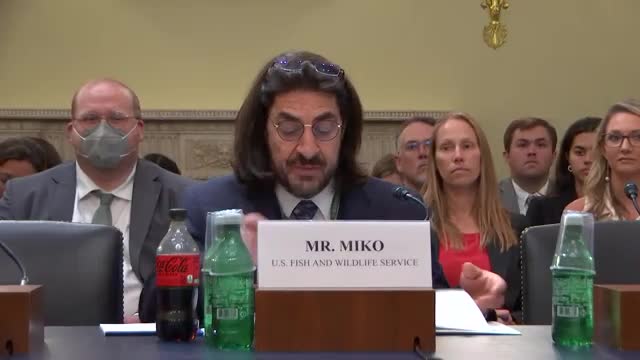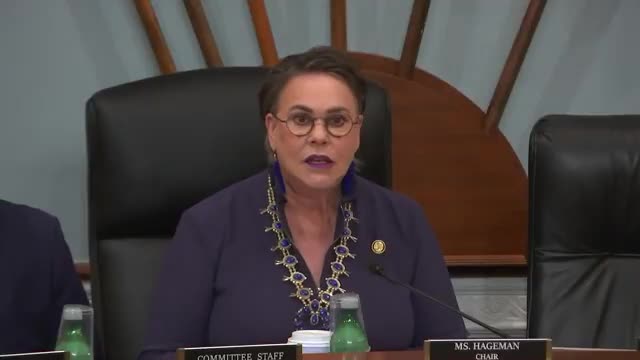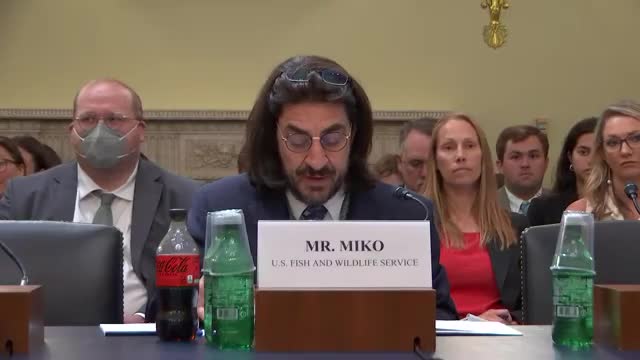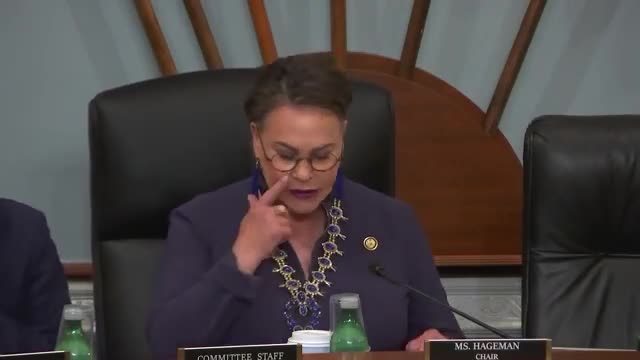Article not found
This article is no longer available. But don't worry—we've gathered other articles that discuss the same topic.

States and subcommittee debate deadlines and oversight for State Wildlife Action Plans

House subcommittee hears bipartisan support to reauthorize snow water forecasting program

Witnesses urge Congress to codify and expand wildlife confiscations network to aid law enforcement

